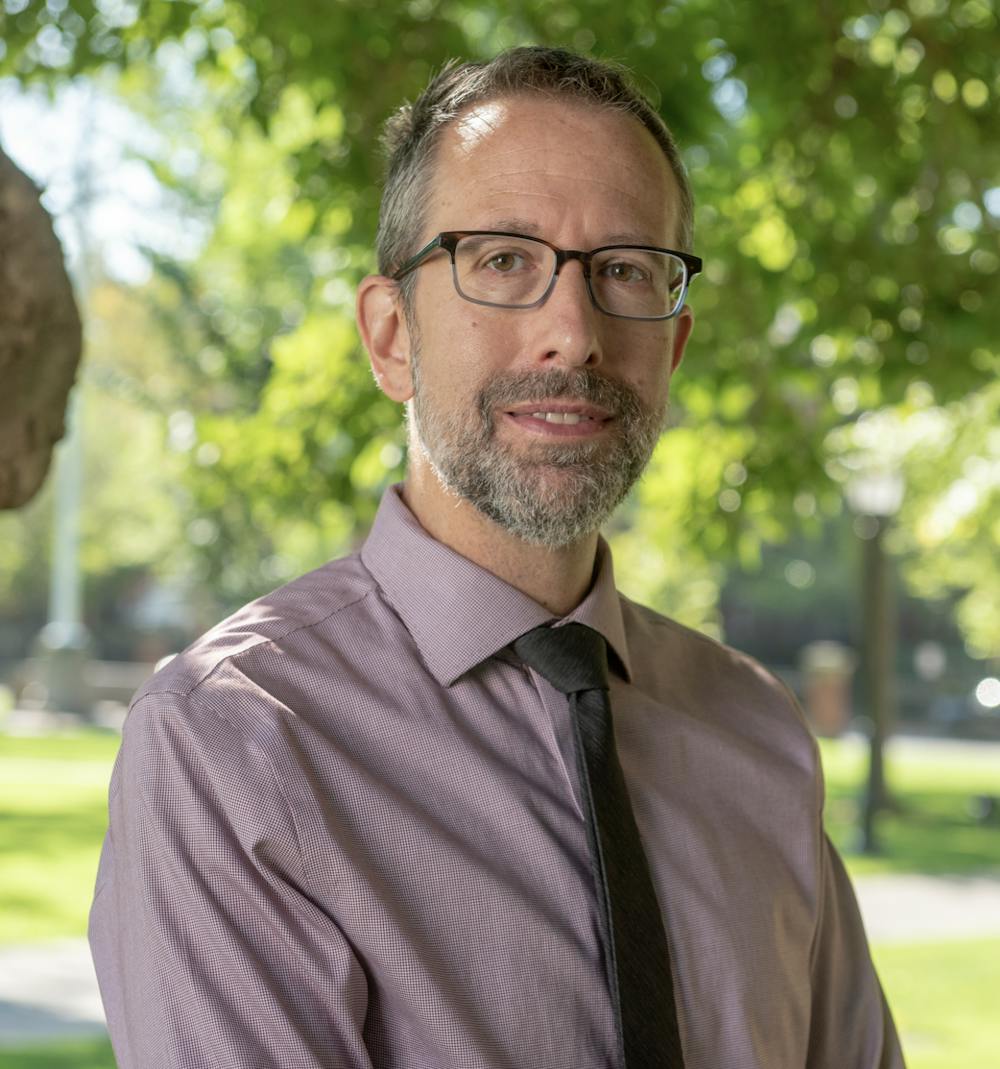The School of Professional Studies announced Joel Revill GS as the new deputy dean for academic and student affairs, where he will oversee the academic and professional aspects of master’s programs at the University.
While he recently started earning his Master of Business Administration at Brown, Revill has been working at the University for over ten years. During his time, he served as senior associate dean of faculty, associate dean of the faculty, associate provost for special projects and adjunct assistant professor of history. In the new position, Revill will work to improve four pillars within the school — student support, career development, faculty engagement and master’s programs, he said.
Revill emphasized that one of his “biggest priorities” is “building a sense of community (among) the master’s students.”
“We’re trying to ensure that our master’s students, who don’t have the time (at Brown) that undergraduate or PhD students do, build their own communities and feel supported from day one, and feel like they belong,” he said, explaining that many master’s students only stay on or near campus for one to two years, if at all, especially following the expansion of online master’s programs.
This fast turnaround rate is also a reason why master’s students need more career support than undergraduate students, Revill added.
“We’re trying to build a really strong team of specialists who have area knowledge, who can talk to students about careers in computer science or in government and nonprofit work,” he said. He envisions developing a faculty that can provide master’s students with the same level of support as undergrads.
Revill’s current study at the University was one of many factors that led to him assuming the deputy dean role, according to Shankar Prasad, dean of the School of Professional Studies.
“As an MBA student, he’s living the work that he’s doing and understands the needs of our graduate students,” Prasad said. “He is able to work closely with departments to ensure we can provide those services.”
Unlike undergraduates, who tend to be at similar points in their academic journeys, the master’s student population consists of much more diverse demographics. “They are people who come from many different backgrounds, many parts of the world,” said Prasad. “They are caregivers and parents. They’re working part-time. They’re working full-time.”.
In order to help students connect, the SPS Office of Student Affairs is working to plan events and implement services to support master’s students, according to Morgan Orlandi, student engagement specialist at SPS. She also mentioned implementing programs to help master’s students experiencing food or housing insecurity.
“I’ve been really appreciative of Deputy Dean Revill’s (work) to expand these supports for students and to continue looking into what their needs are,” Orlandi said. Revill has been working to ensure master’s students have what they need to progress through their programs and to take care of themselves and their mental health, she added.
SPS is also looking to expand its current master’s programs. Revill plans to meet with the Directors of Graduate Studies of all master’s programs in order to “get a sense of where the priorities are.” He added that he was excited to be working in an area of growth and to have a greater scope of responsibility.
The efforts of SPS to expand its resources and support to master’s students help the University’s goal of creating a “one-stop shop” for graduate students, according to Prasad.
“I want them to come to that one door and feel like they know where to go,” Revill said. “They don’t have to understand what the scope of the School of Professional Studies is and how it relates to their home program — we’re trying to create a clarified port of entry for students, just so they don’t have to do that administrative work.”
Claire Song is a Senior Staff Writer covering science & research. She is a sophomore from California studying Applied Math-Biology. She likes to drink boba in her free time.





